Lomography: 10 Golden Rules and 5 Best Lomo Cameras

The diverse world of photography allows the display of small imperfections through Lomography. It depicts creative art photos, usually focusing on minute and interesting details. Therefore, you're in luck as a creative art photographer.
If you're wondering what Lomography is, this write-up reviews all you need to know. Read on to discover the tips you can use and the best Lomo cameras in the photography market?
- All You Need to Know About Lomography
- The History of Lomography
- Lomography vs Photography
- Top 5 Lomography Cameras
- 10 Golden Rules of Lomography
- Conclusion
All You Need to Know About Lomography
Lomography photography involves traditional and analogue shooting techniques. Toy cameras are commonly used for art. Their unpredictable lens optics help in achieving amazing results through distortion, and light leaks. Additionally, the features encourage outstanding, spontaneous shooting and aesthetic qualities.
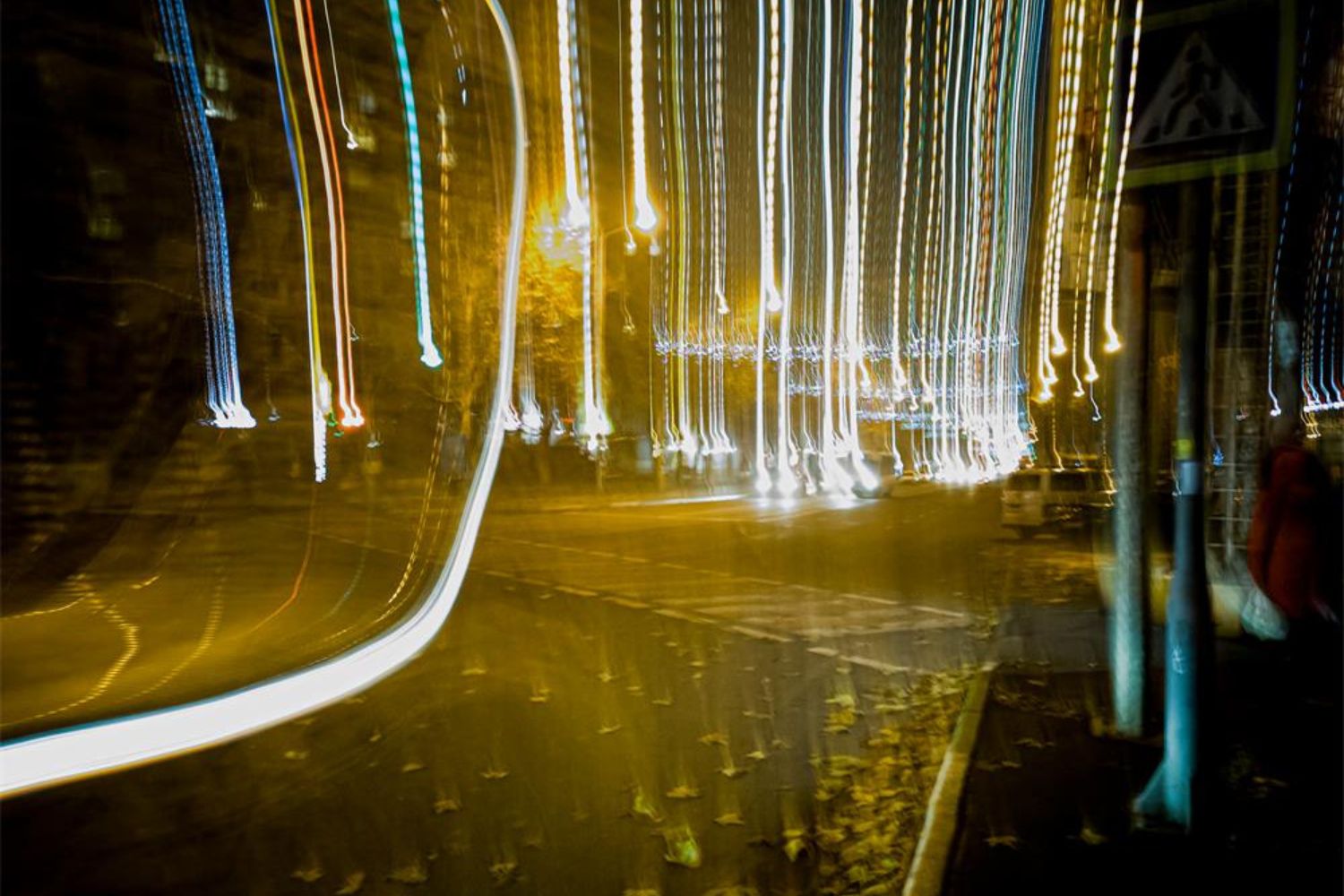
Photo by Brykulskyi on shutterstock
The History of Lomography
Lomography is originally from Vienna, Austria, in the early 1990s. It was inspired by the Russian compact 35mm camera that produced unique, vignetted plus distorted images, also coming with unexpected distortions and blurs.
Fast forward, in 1992 the Lomography Society International was founded to appreciate analog photography. The brand now offers various cameras, films, and accessories to interested parties. Ensure to stick around to discover some of these Lomography cameras.
Lomography vs Photography
First let's look at the lomography's difference between lomography and normal photography.
-
Usage: Unlike traditional photography, Lomography is experimental. It focuses on capturing unique, inaccurate and unpredictable moments.
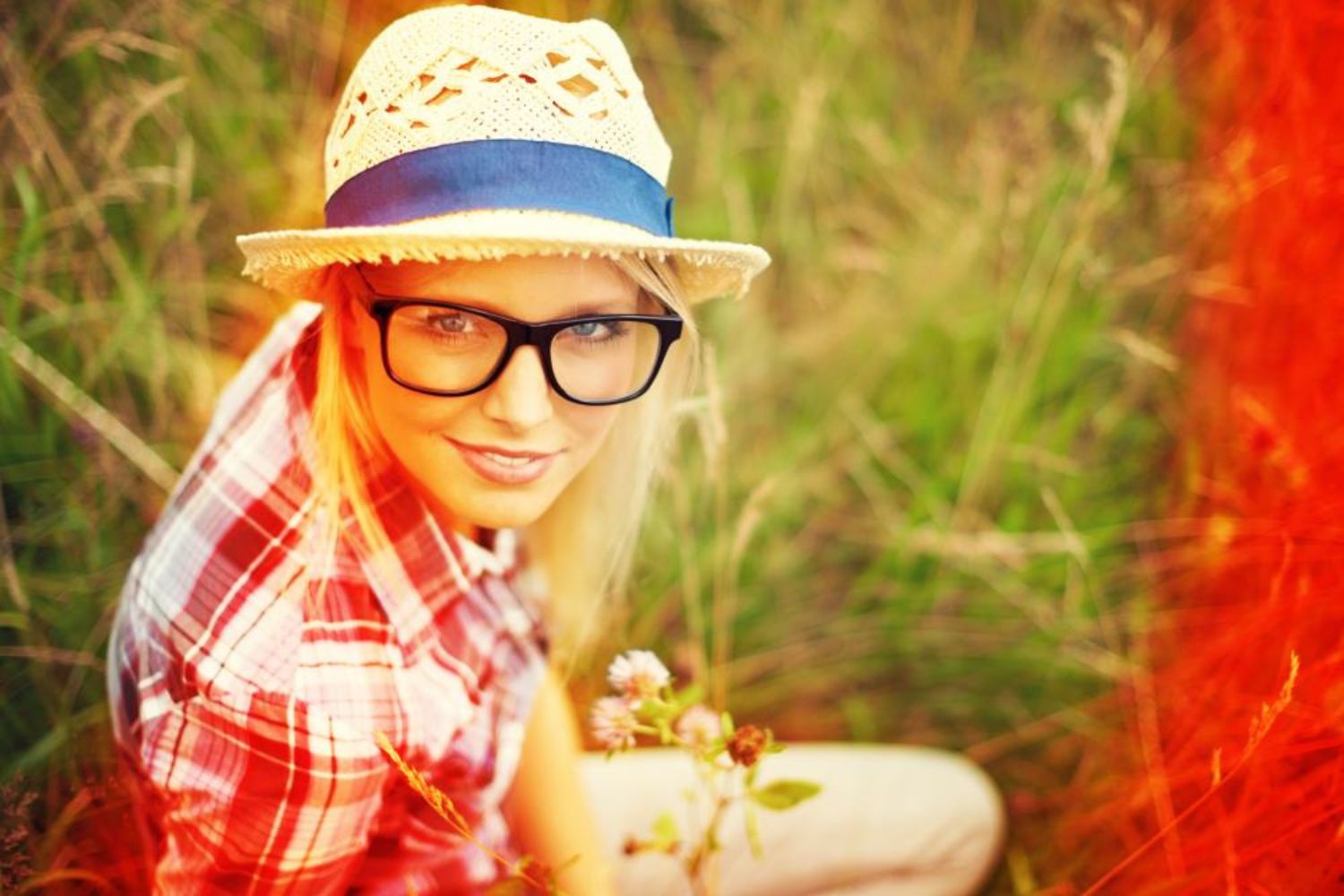
Photo by PeopleImages.com - Yuri A on shutterstock
-
Equipment used: Lomography uses analog cameras, like Lomo LC-A. Meanwhile, you must have a quality DSLR, SLR, or phone camera for photography purposes.
-
Editing: Lomographers embrace the imperfections captured and prefer minimal or editing, while traditional photographers may spend significant time editing images to achieve their desired look.
Top 5 Lomography Cameras
Below are top 5 Lomography Cameras:
1. Lomography Lomo'Instant White
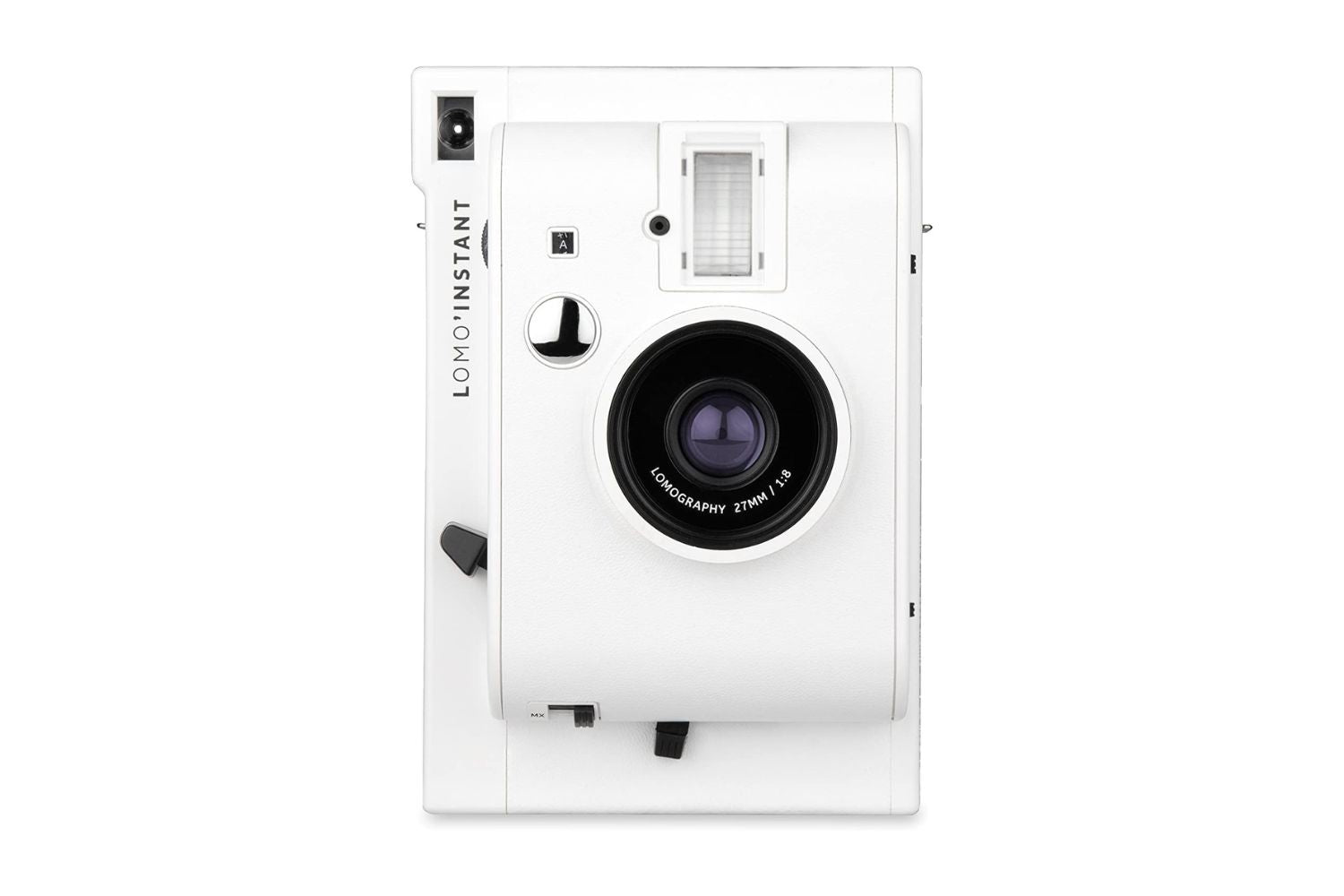
Image Credit: amazon.com
Lomography Lomo'Instant White is a compact and stylish camera offering various shooting modes. They include automatic, manual control, and creative features such as multiple and long exposures. Additionally, it uses Fujifilm Instax Mini film to produce credit-card-sized prints.
It's quite lightweight, only weighing 0.44 lbs and measuring 7.72 x 5.51 x 3.07 inches. Also, it has an exposure area of 42mm x 64mm.
Pros
-
Photographs beautifully in natural light
-
The multiple exposure feature is fantastic
-
It is extremely simple to use and set up
Cons
-
There is no SD card slot available
-
It does not include batteries or film
2. Lomography Lomo'Instant Sanremo
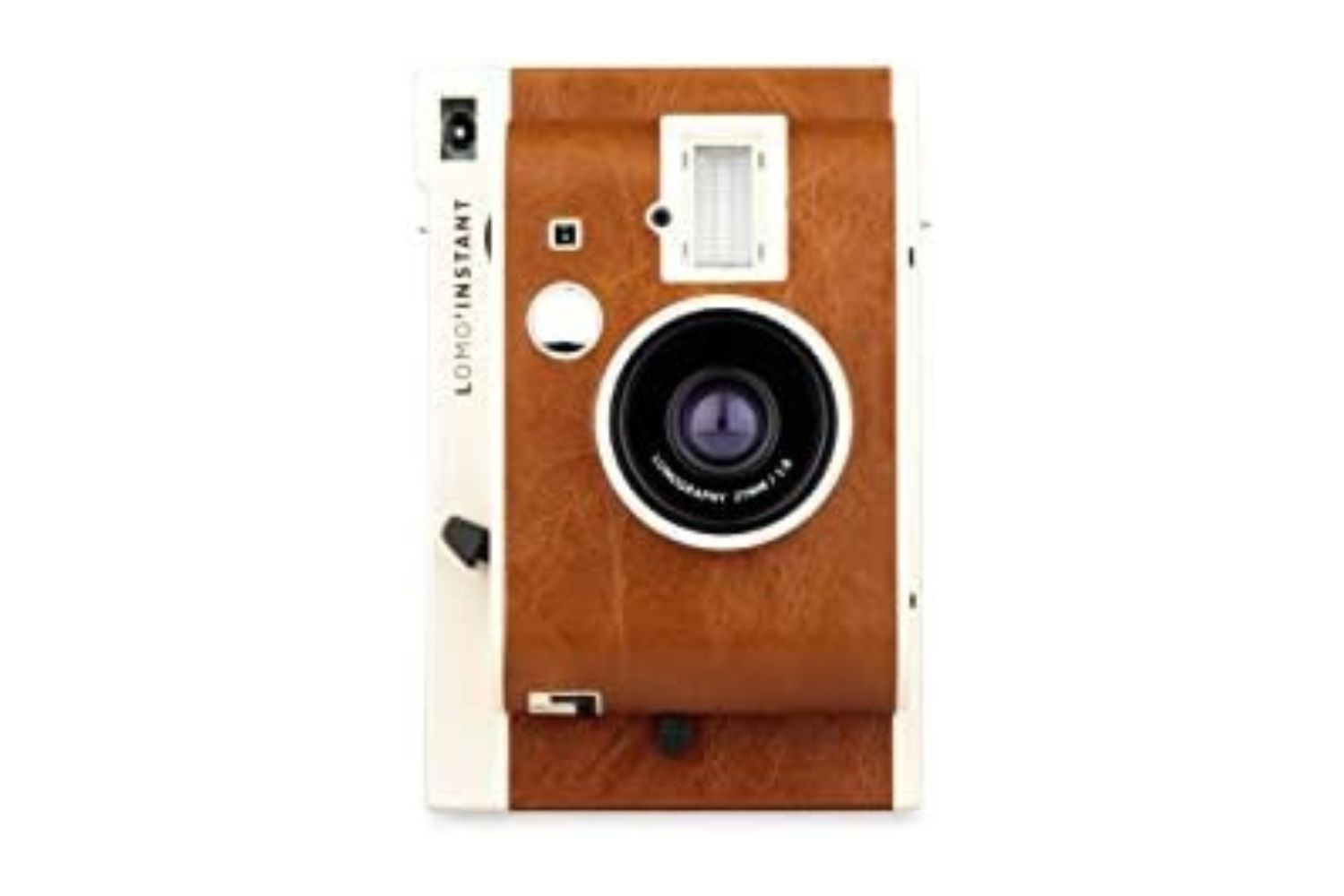
Image Credit: amazon.com
The Sanremo features a built-in flash and unique modes like multiple and long exposures. This coloured gadget has a stylish design, thus perfect for public use. Therefore, carry the Sanremo when heading for a night travel or hike with friends.it won't bother you, only weighing 0.53 kg and 2.4 x 4.53 x 5.71 inches dimensions.
Pros
-
Slick retro style
-
Flash built-in with colorful color gels
-
Bundle with additional lenses at a good price
Cons
-
It's too heavy
-
The picture quality could be better
3. Lomography Diana F+ Medium Format Camera with Flash
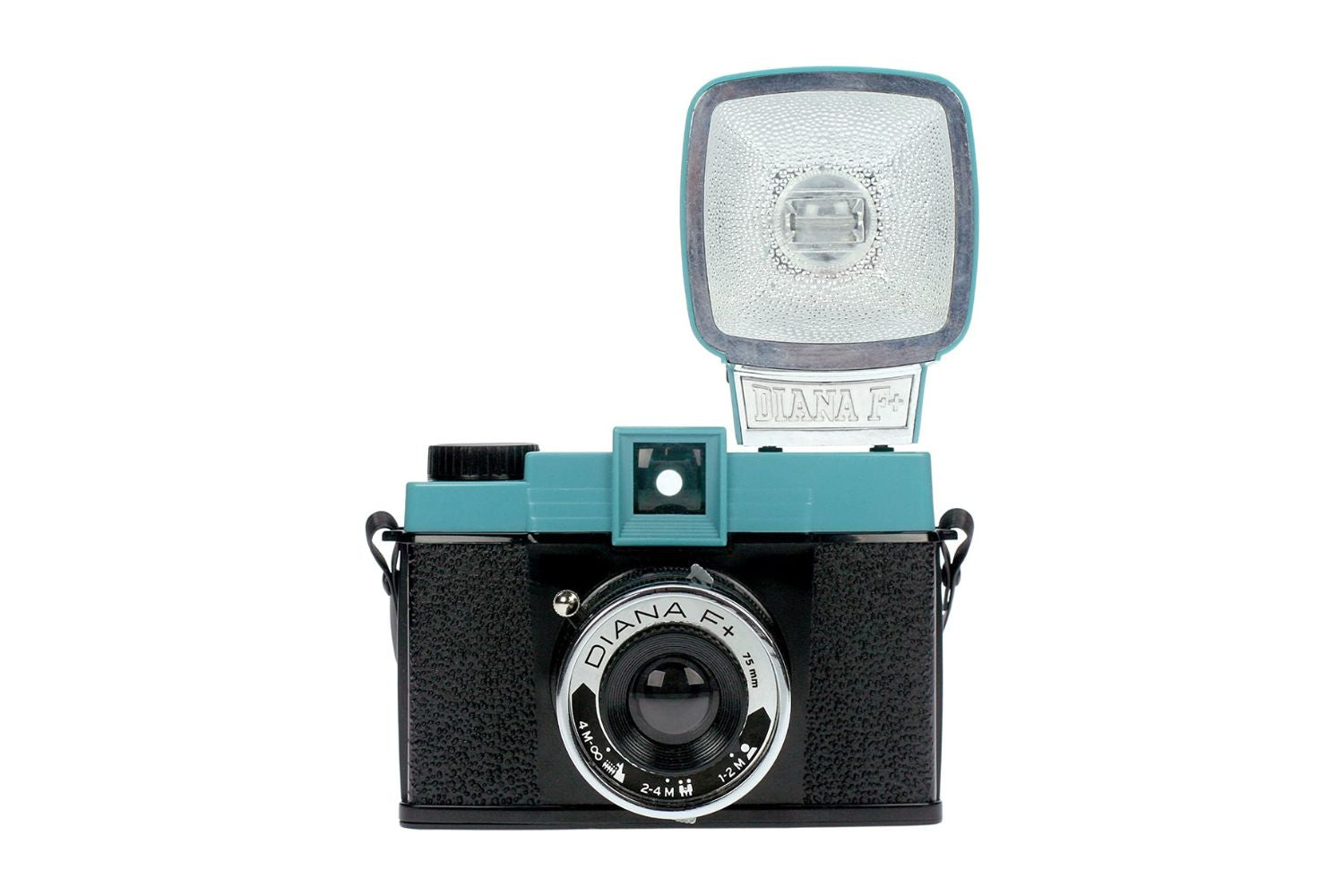
Image Credit: amazon.com
The Lomography Diana F+ is a medium format film (120) camera. It features the following excellent features:
-
A plastic lens with two shutter
-
A multiple exposure function
-
Detachable flash that allows for creative lighting effects.
Its popular among analog photographers fir its vignette results and portability. It only weighs 2.25 lbs and measures 7 x 3.25 x 5 inches.
Pros
-
It is inexpensive
-
Excellent for beginners
-
Simple to use
Cons
-
Construction that appears to be low-quality
-
The film is somewhat pricey
4. Lomography Lomo'Instant Automat South Beach
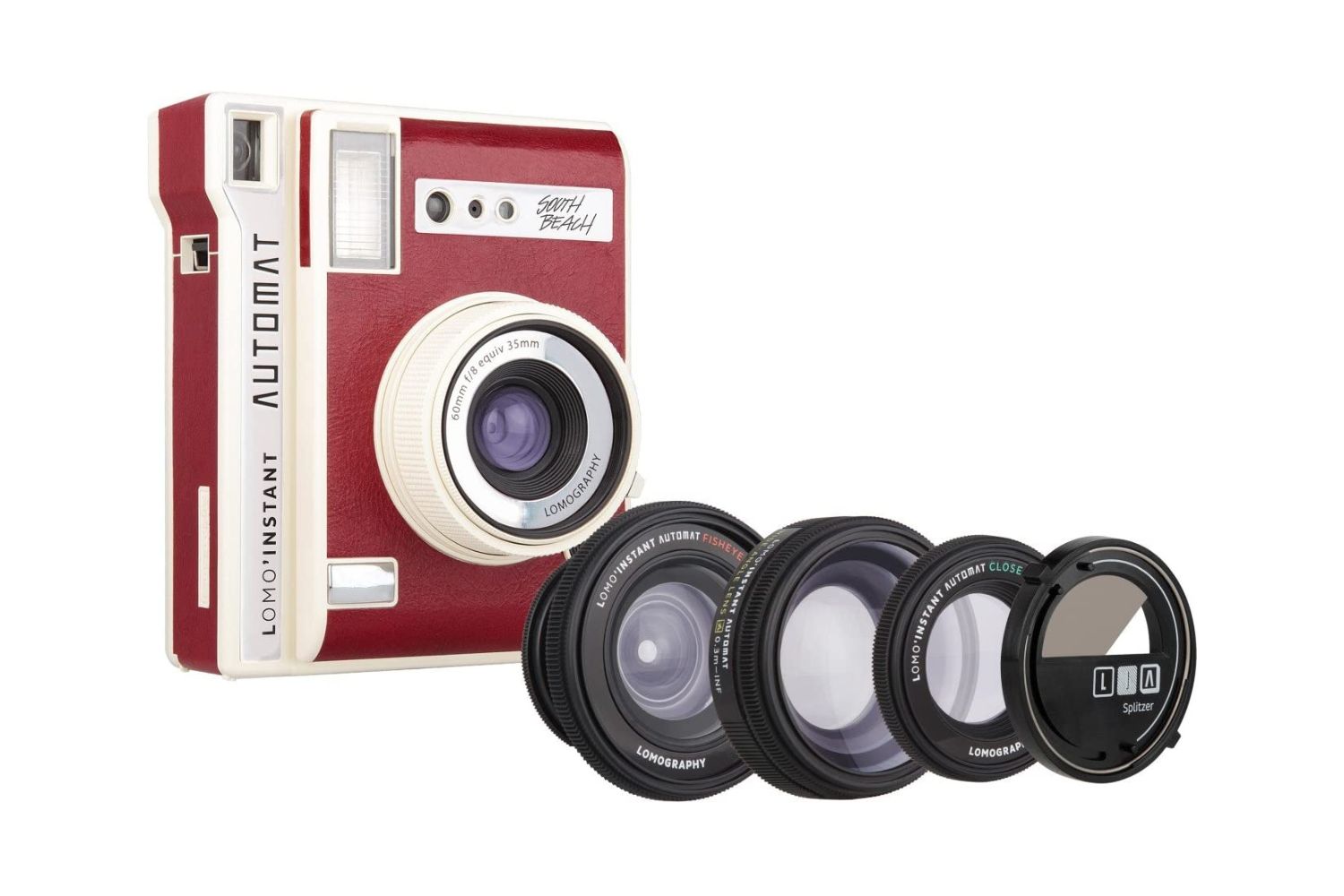
Image Credit: amazon.com
Another perfect choice is the Lomo'Instant Automat camera, compatible with Fujifilm Instax Mini film. You'll get three interchangeable lenses for creative and diverse photography. They are:
-
Close-up
-
Fisheye
-
Wide- angle
Additionally, the camera has creative tools, such as multiple and long exposures for creative expression. It's dimensions are ideal 2.76 x 5.91 x 3.94 inches, while it's also lightweight at 2.87 lbs.
Pros
-
Excellent images with lots of light
-
The tip cards are fantastic and simple to use
-
It is capable of being attached to a tripod
Cons
-
It does not operate on standard AA or AAA batteries
-
The images are not always consistent with the viewfinder
5. Lomography LC-A+ Camera
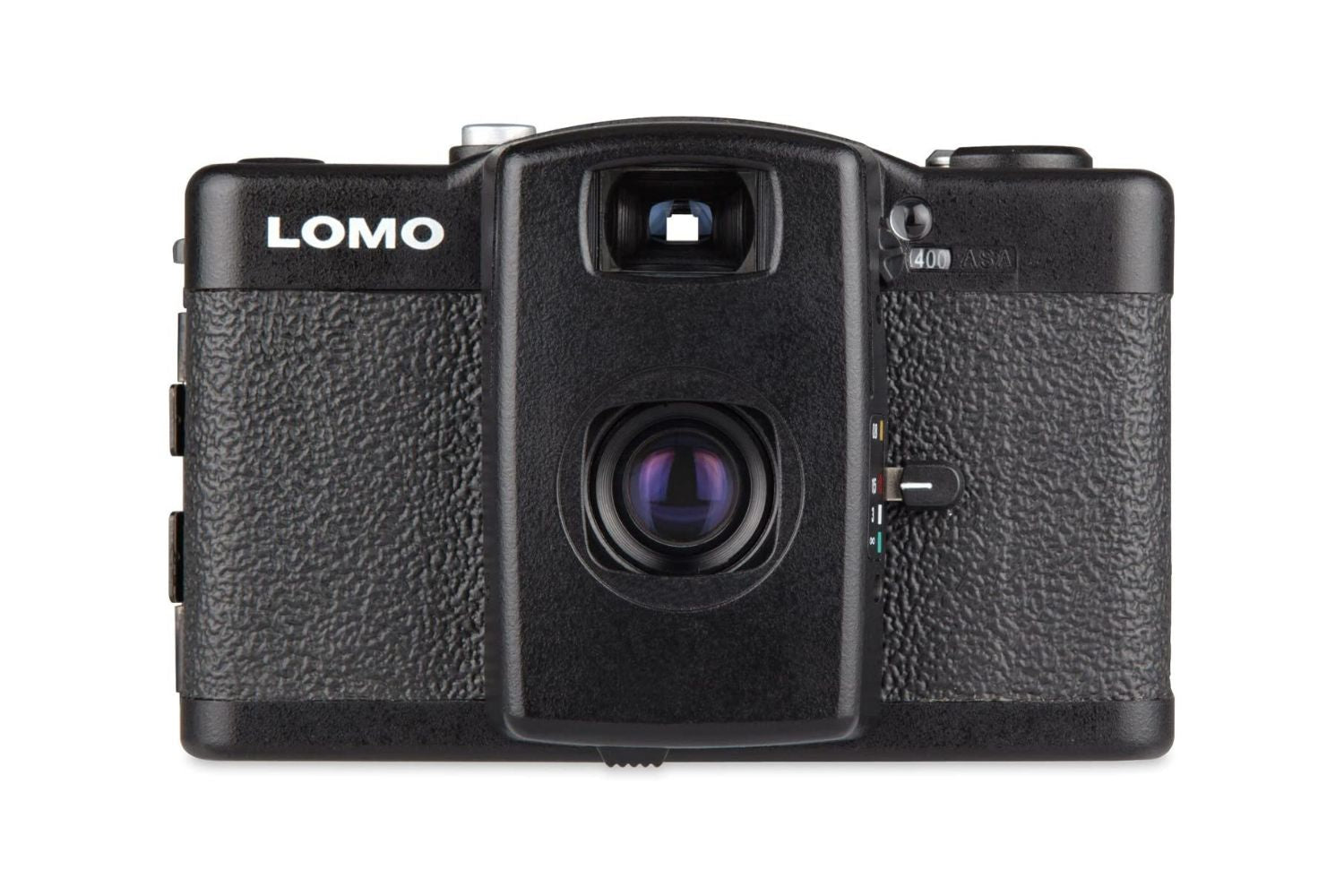
Image Credit: amazon.com
The Lomo LC-A+ is the ultimate snapshot camera. It is known for its durability, vivid, and highly addictive photo results. Usually, it offers unique and artistic images via its signature vignettes and light leaks.
LC-A+ has a 35 mm film format, and includes a 1/500 sex shutter speed. Additionally, it's automatic, and weighs about 1.5 lbs.
Pros
-
It is light in weight and thus portable
-
Ease of use
-
It performs admirably in low-light and dimly-lit environments
Cons
-
It sometimes produces overexposed, blurry images
-
The ISO dial requires more work to read
10 Golden Rules of Lomography
So, how can you use the above cameras to achieve excellent lomography results? Below are 10 tips you can try or always do:
1. Always Carry a Lomography Camera
A photo moment can be random, thys key is having your Lomography closer at all times.
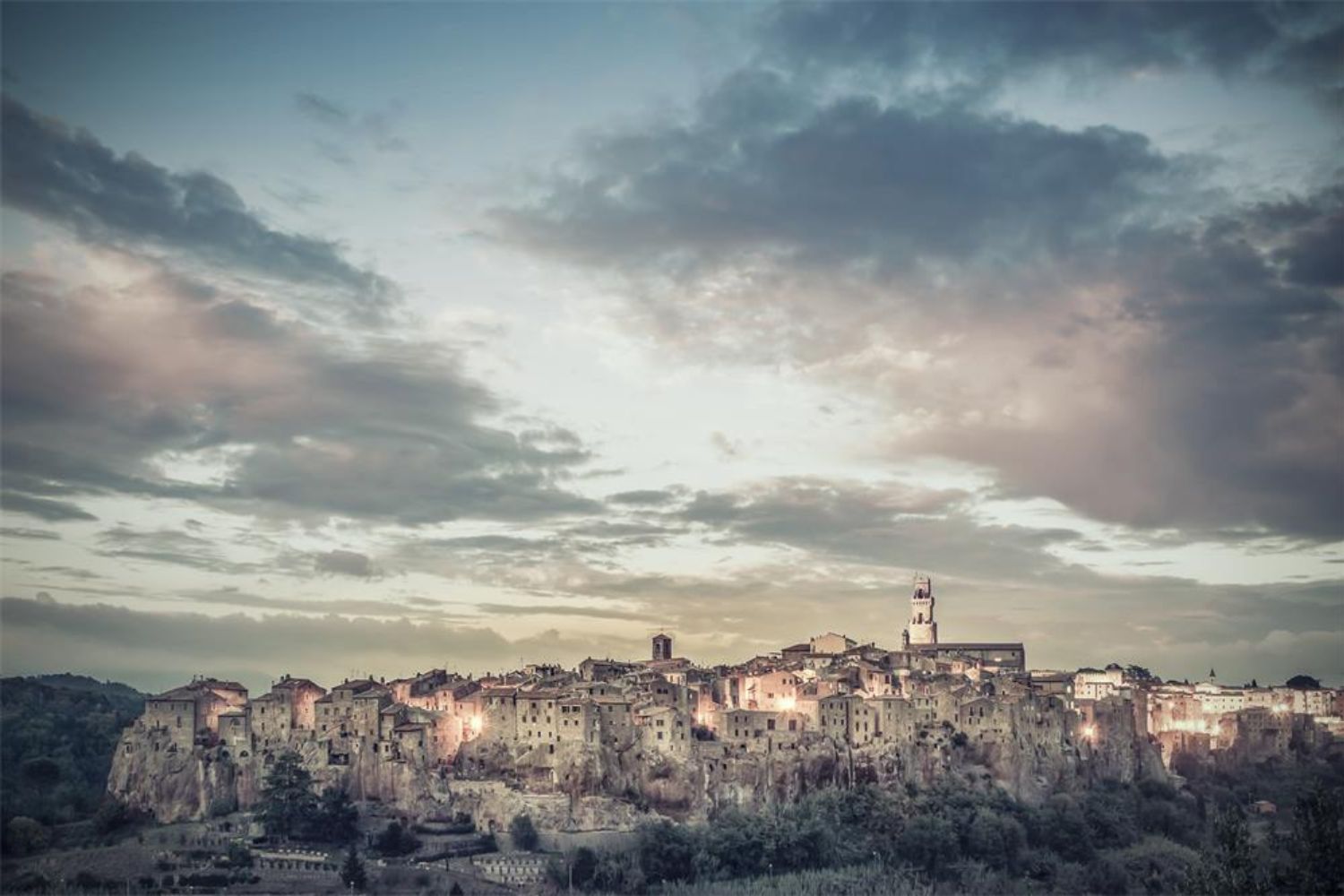
Photo by Dmytro Balkhovitin on shutterstock
2. Use Diverse Lighting Situations
For instance, try shooting moving vehicles at night. Also, try shaking your camera when capturing street lighting.
3. Embrace the Mistakes
The first step is to accept a photo mistake as a creative art form. Don't view them as a distraction, but as an integral part of your photography life.
4. Try Spontaneous Shots
Your positioning and movement deteri your Lomography results. Experiment with different spontaneous angles to get the best images. For instance, the "shot from the hip" technique can lead to unique and creative results.
5. Try Close to your subject
Additionally, experiment close up shots to capture your subject’s details.
6. Don't Overthink it
Some of the best Lomographic shots come from impulsive decisions. Therefore, take multiple shots without a worry, and review them later to pick the best choice.
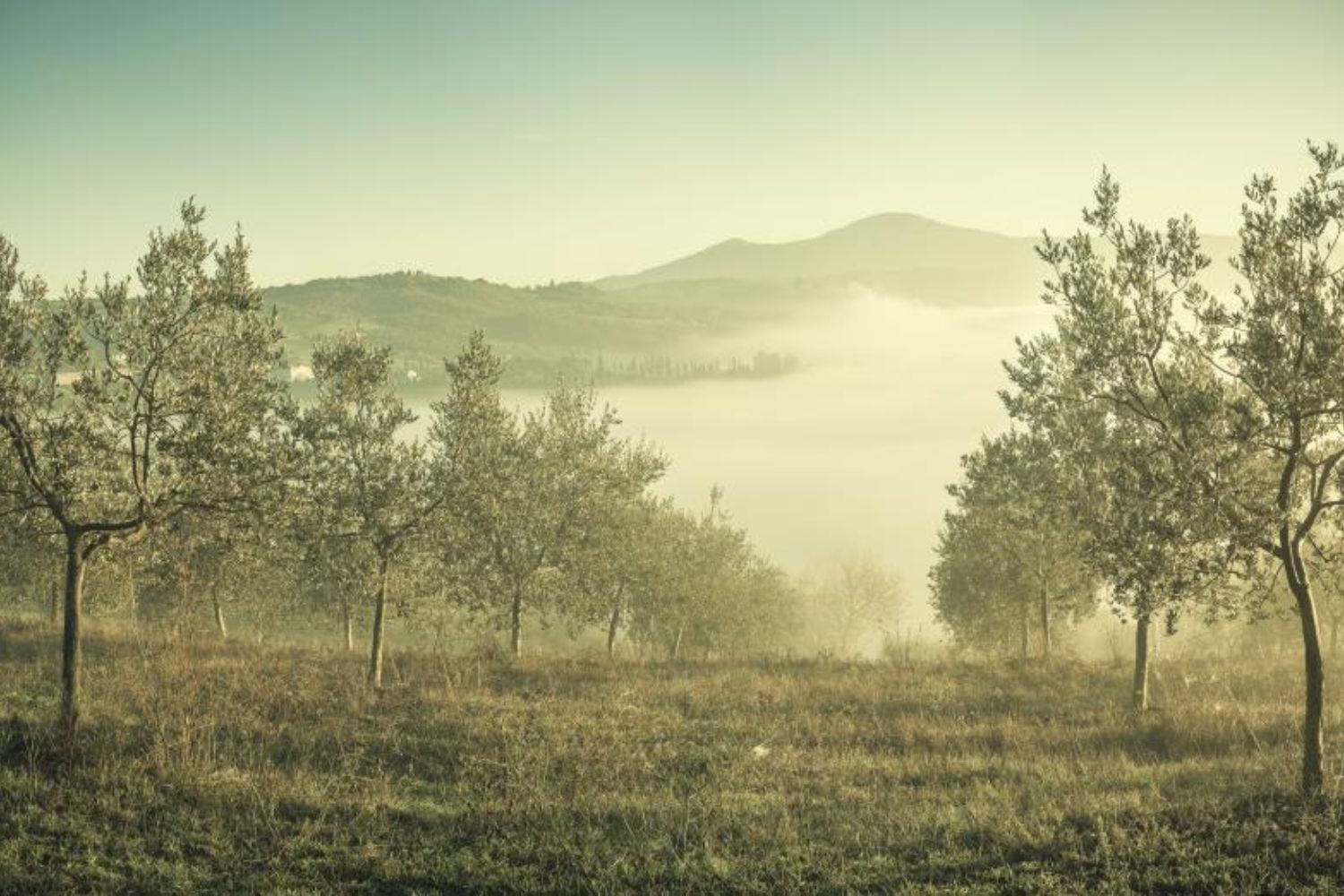
Photo by Dmytro Balkhovitin on shutterstock
7. Be Ready to Capture the Moment
A photo moment can arise anytime. Have your camera and your mind ready to freeze a moment.
8. Have no Expectation
You don't have to know what your film will show before developing it, embrace the unknown.
9. Take the Reviewing Process Serious
There's no rush to assess the results of a shot, you can reflect on them at a later time.
10. Don't be Afraid to Break Rules
Experiment freely and don't worry about following various photography rules.
Conclusion
Lomography is therefore a unique art for both professionals and amateurs. You can try it for personal use, especially for your social media pages or photo collection book. The article highlights the best cameras to use, and tips you should remember to perfect the vibrant photography art.





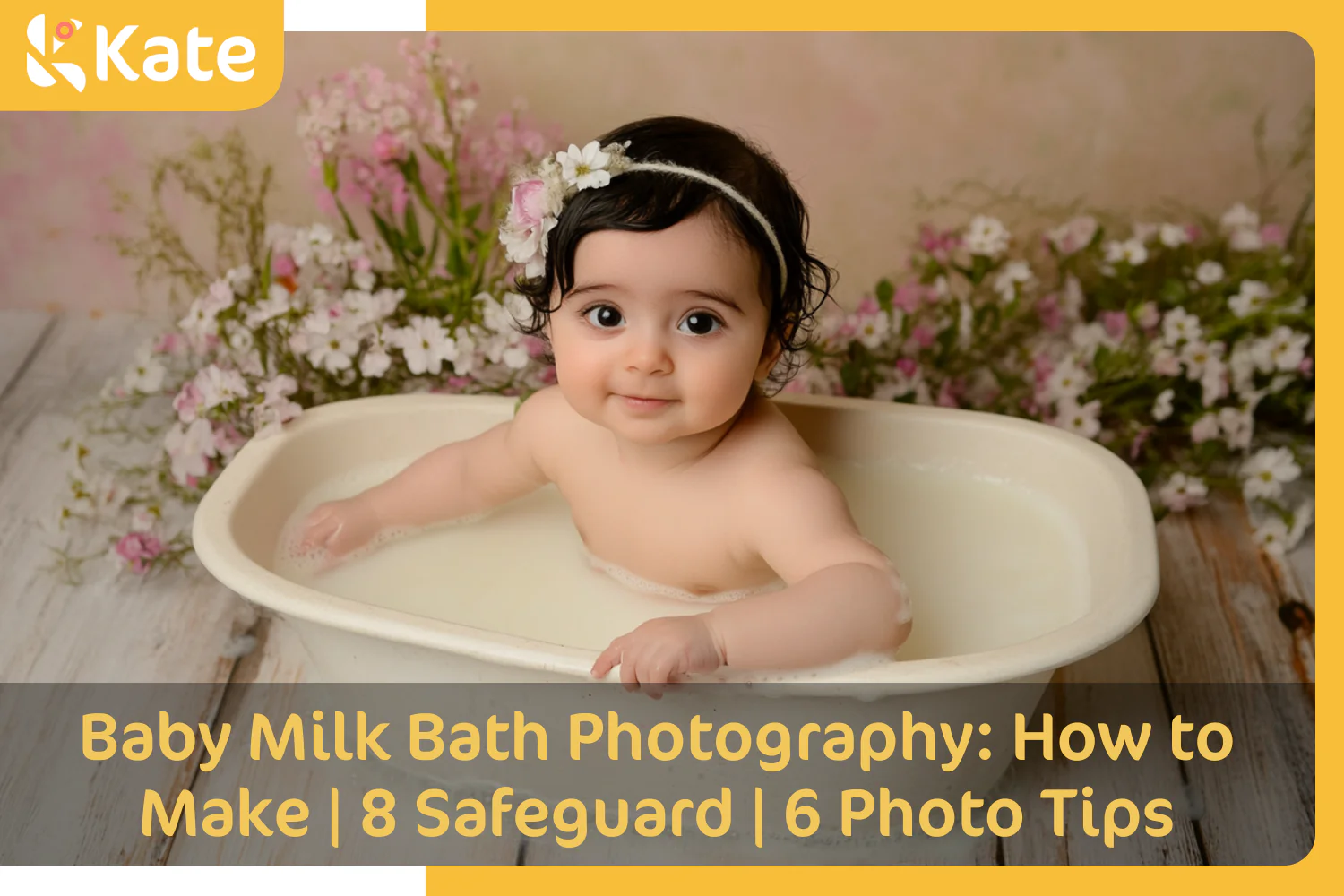
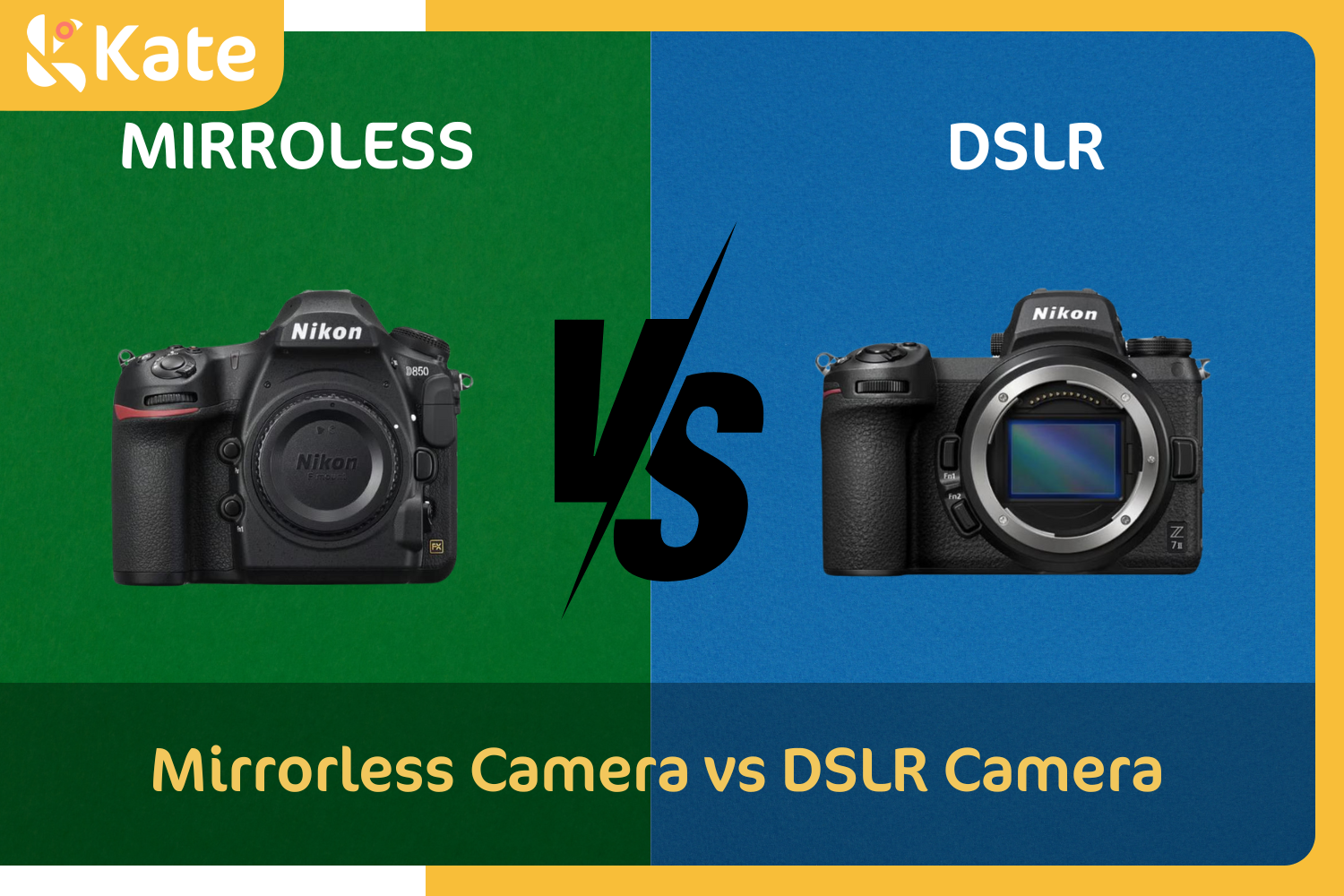
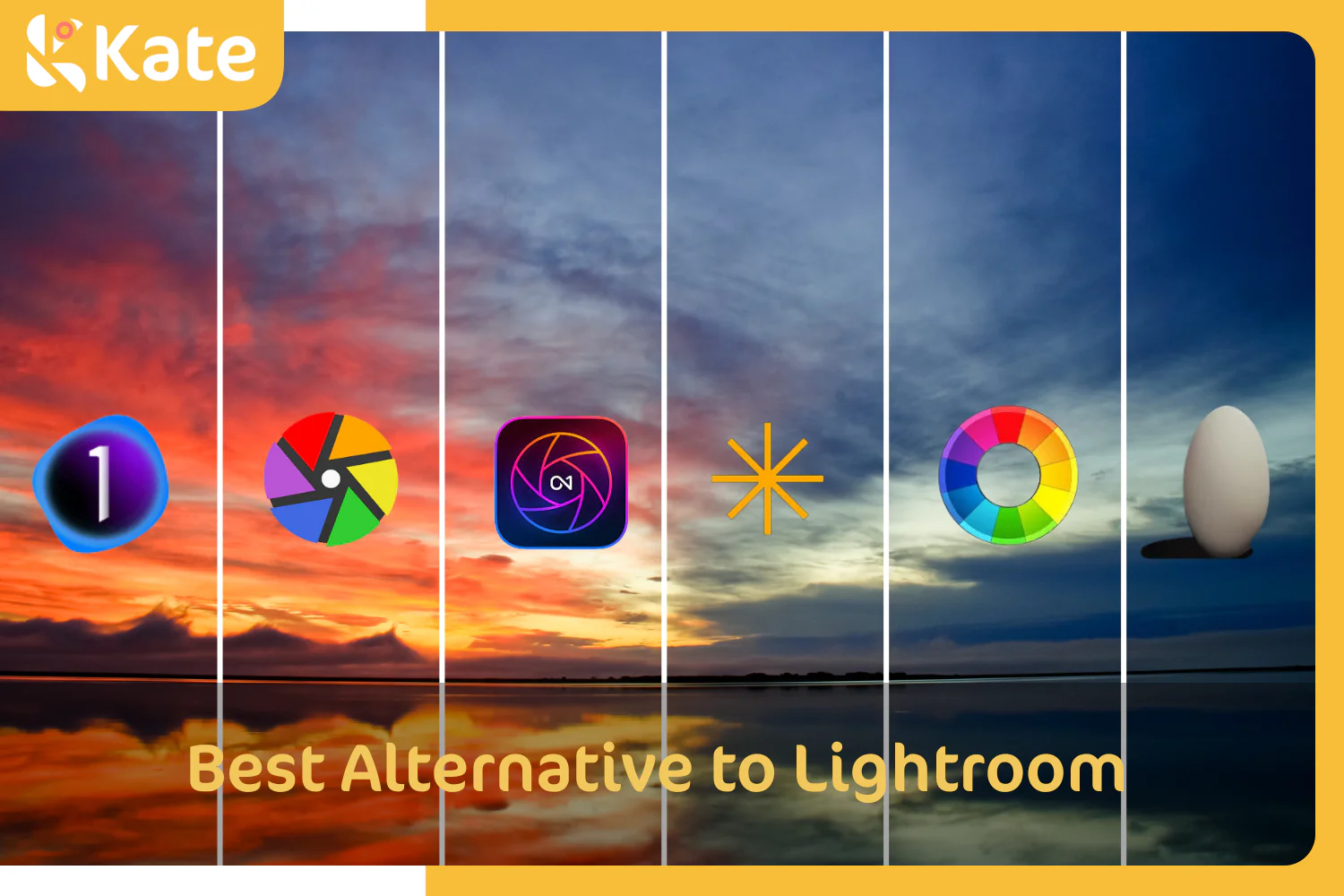

 Boho
Boho










